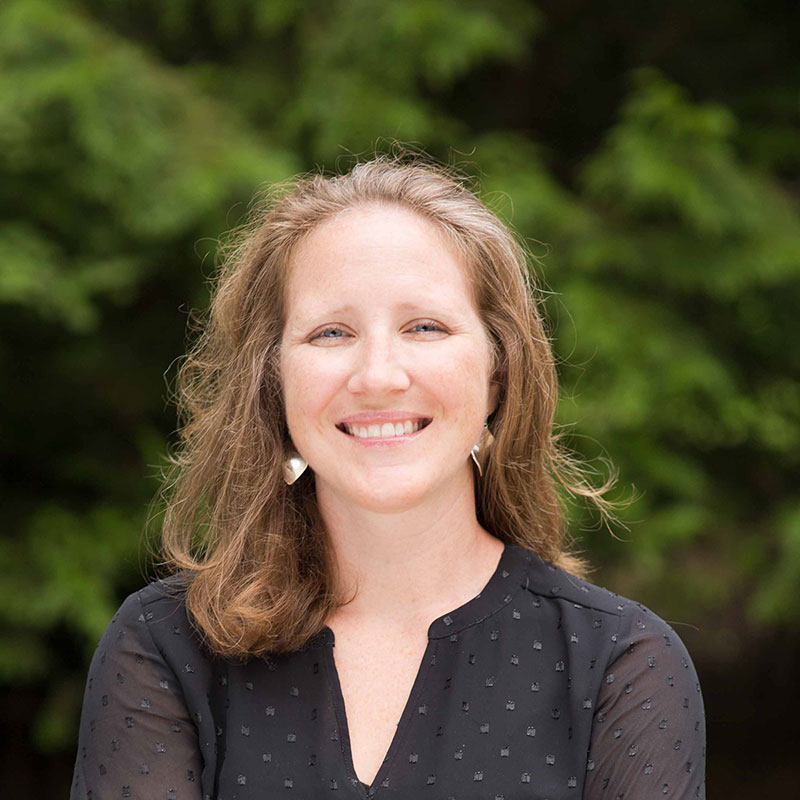This annual program is an opportunity to increase dialogue and create models for working across the social science and social work disciplines to find connections and opportunities for bridging boundaries. It is part of the School of Social Work Joint Doctoral program with a focus on students within the Social Work and the Social Sciences. The program is designed and implemented by doctoral students at the School of Social Work with financial support from the Joseph Veroff and Katherine Pavelka Luke Fund.
Event Recording
Abolitionist Praxis: Can Our Institutions Change?
Friday, April 19, 3 PM - 4:30 PM
School of Social Work
Educational Conference Center (Room 1840)
How does abolitionist praxis, an engagement in full cycles of action, reflexivity and critical theory, allow us to challenge institutionalized carceral practices and work for institutional change? This event, generously sponsored by Conversations Across Social Disciplines and the Social Justice Impact Fund, brings together abolitionist scholars in the fields of Social Work and Education to discuss the ways that they apply abolitionist praxis in relation to the institutions and systems in which they conduct research - the child welfare system, the higher education system and the financial/banking system. They will share strategies and tactics we gain from employing an abolitionist perspective to institutional and system change, and offer ideas on how we can work towards creating and sustaining liberatory spaces and structures.
Panelists
Alan Detlaff

MSW, Social Work, PhD, Professor of Social Work, University of Houston
Alan Dettlaff is a professor at the University of Houston Graduate College of Social Work. Alan began his career in the child welfare/family policing system, where he worked as a caseworker and administrator. Today his work focuses on ending the harm that results from this system. In 2020, Alan helped to create and launch the upEND Movement, a collaborative effort dedicated to abolishing the family policing system and building alternatives that focus on healing and liberation.
Alan is author of Confronting the Racist Legacy of the American Child Welfare System: The Case for Abolition, published by Oxford University Press in 2023. He is co-editor of Social Work, White Supremacy, and Racial Justice: Reckoning with Our History, Interrogating Our Present, Reimagining Our Future, also published by Oxford University Press in 2023. Alan is also the co-founding editor of Abolitionist Perspectives in Social Work, a peer-reviewed, open access scholarly journal dedicated to developing and disseminating an abolitionist praxis in social work.
Charles H.F. Davis III

PhD, Professor of Education, University of Michigan
Dr. Charles H.F. Davis III is an Assistant Professor in the Center for the Study of Higher and Postsecondary Education. His current research and teaching broadly focus issues of race, racism, and resistance in education and its social contexts. He founded and currently directs the Campus Abolition Research Lab and hosts the #PoliceFreeCampus Podcast. He recently co-edited Student Activism, Politics, and Campus Climate in Higher Education and routinely writes and provides expert commentary about systemic inequity, oppression, and movements for racial justice on-campus and beyond. He has received funding support from the Bill and Melinda Gates Foundation, Lumina Foundation, Spencer Foundation, the National Academy of Education, and the National Center for Institutional Diversity.
Terri Friedline

MSW, PhD, Professor of Social Work, University of Michigan
Dr. Terri Friedline writes, organizes, and teaches about racial capitalism, technology and the financial system. She is an associate professor of social work at the University of Michigan and is the author of “Banking on a Revolution: Why Financial Technology Won’t Save a Broken System” (Oxford University Press). Friedline’s writing draws on critical theories and is inspired by abolitionist politics. Her recent writings focus on debt as racialized and gendered violence, credit scoring as a carceral practice and financial technology (“fintech”) as invasive infrastructure.
Friedline is active in policy. She has served as a member of the Consumer Financial Protection Bureau’s Academic Research Council, has volunteered on the economic policy council of a presidential campaign, and has been endorsed by the Progressive Talent Pipeline. Friedline has presented her research before financial system regulators, provided written testimony to congressional committees, and served as an expert witness in discrimination lawsuits against banks.
Coordinators-Facilitators
Anna Wood, MSW

5th year PhD Candidate in the Joint Program in Social Work and Sociology, University of Michigan
Anna Wood is a scholar of masculinities, power, and status. She is interested in the ways that violence is embedded into masculine gender-conformity and socialization and how theories of gender liberation, radical feminism, and psychoanalysis can help us understand men's violence. Her dissertation work examines how peer behavior is policed or coerced in the context of social fraternities, with particular attention to bystander intervention strategies.
Irene Routté, MSW

5th year PhD Candidate in the Joint Program in Social Work and Anthropology, University of Michigan
Irene Routté’s work focuses on youth experience of forced migration, displacement and resettlement and the ways that connection to changing landscapes through processes of forced movement impact wellbeing. She is also interested in the ways that race, racialization and anti-blackness influence migration policy and how it is enshrined in spatial practices around attachment, containment and mobility. Her dissertation focuses on how Congolese refugee youth negotiate and understand spatial belonging in a new city of resettlement, and the ways that this contradicts practices and discourses around integration and belonging that arise in the resettlement services ecosystem.




